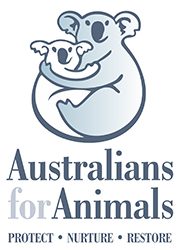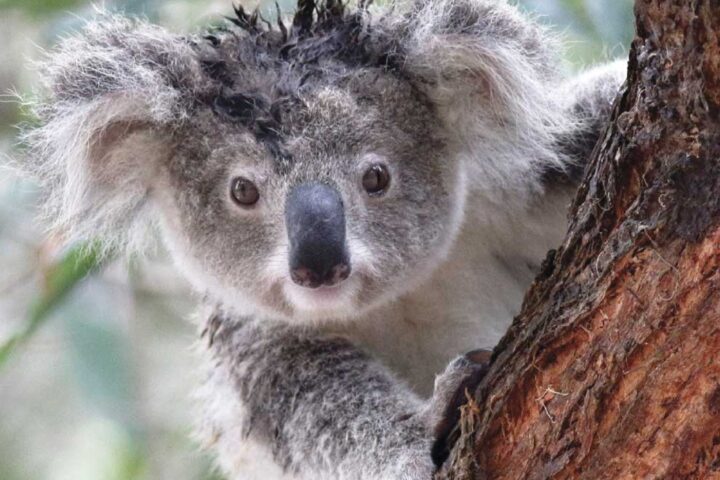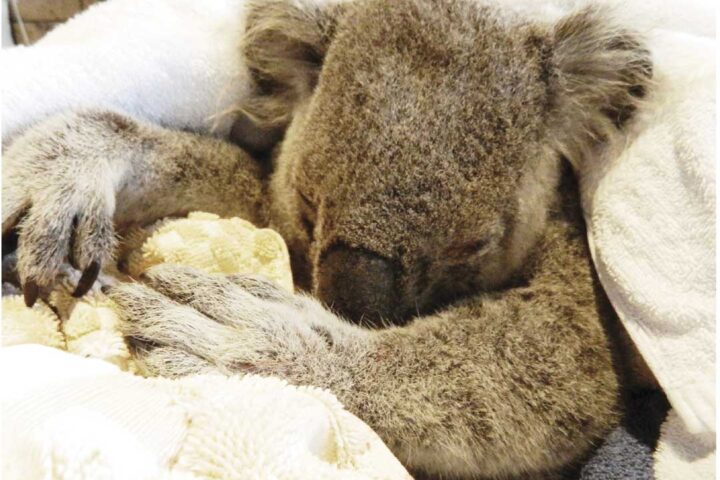Australia becoming a ”4th world country” on marine protection, conservationists warn
- Date
Australia’s standards for protecting marine life have tumbled so far they can now be described as “fourth world”, conservationists have warned.
Environment Minister Greg Hunt’s changes to the approvals process for offshore oil and gas drilling took effect in February, meaning exploration and mining companies no longer needed referral and assessment under the Environment Protection and Biodiversity Conservation Act for their projects.
Assessments of offshore project proposals are being handled by the National Offshore Petroleum Safety and
Environmental Management Authority, whose board consists of stalwarts of the gas and oil industry, as well as banking and finance experts and a former government staffer.
The government said earlier this year NOPSEMA would become the sole regulator for petroleum activities in Commonwealth waters which was aimed at streamlining arrangements, increasing efficiency and reducing duplication of environmental assessment processes.
Australians for Animals Inc chief executive Sue Arnold, who will speak about the issue in Canberra next month at the Australian Marine Science Association conference, said the new rules were unacceptable.
Australians for Animals Inc was on an advisory committee that drew up Commonwealth guidelines on the seismic industry and cetaceans (marine mammals), but Ms Arnold said those guidelines had now been made defunct.
“Whales, inshore dolphins, dugongs, turtles, listed migratory species and listed threatened species will no longer have the protection of the EPBC Act but are now ‘protected’ by an authority which basically represents the oil and gas industry,” she said.
“There is currently no legislation at the state or federal level which deals with the impacts of underwater noise.
“Acoustic trauma can cause death, temporary and permanent deafness in cetaceans, inhibit reproduction, impact the immune system and migratory changes among other things.”
Ms Arnold said there were no representatives from animal welfare or conservation non-government agencies on NOPSEMA’s board.
NOPSEMA chairman Keith Spence has spent more than 30 years’ in the oil and gas industry, including 18 years working for Shell and a further 14 at Woodside Petroleum, his biography states.
Other board members had worked for BHP Billiton Petroleum, in consultancy for the Asian Development Bank and as chief of staff to government ministers, safety and risk managers for offshore oil and gas projects and in marine engineering in the offshore petroleum industry and with the Australian Centre for Natural Gas Management.
When questioned about the board members’ backgrounds and whether they would prioritise good environmental outcomes for marine life, a spokesman for NOPSEMA referred back to federal legislation.
“The Offshore Petroleum and Greenhouse Gas Storage (Environment) Regulations 2009 have the primary objective of ensuring any petroleum activity in Commonwealth waters is consistent with the principles of ecologically sustainable development and is carried out in accordance with an accepted environment plan for the period of the activity,” he said.
“Furthermore, an environment plan must contain an implementation strategy that describes an environmental management system for the activity, including specific measures to be used to ensure that for the duration of the activity, environmental impacts and risks of the activity continue to be identified and reduced to as low as reasonably practicable.”
The spokesman said the regulations also meant that project applicants had to detail and evaluate all environmental impacts and risks associated with the petroleum activity, including where relevant, underwater noise in their environment plan.
“The environment plan must include details of the control measures that will be used to reduce the impacts and risks of the activity to as low as reasonably practicable and to acceptable levels,” he said.




